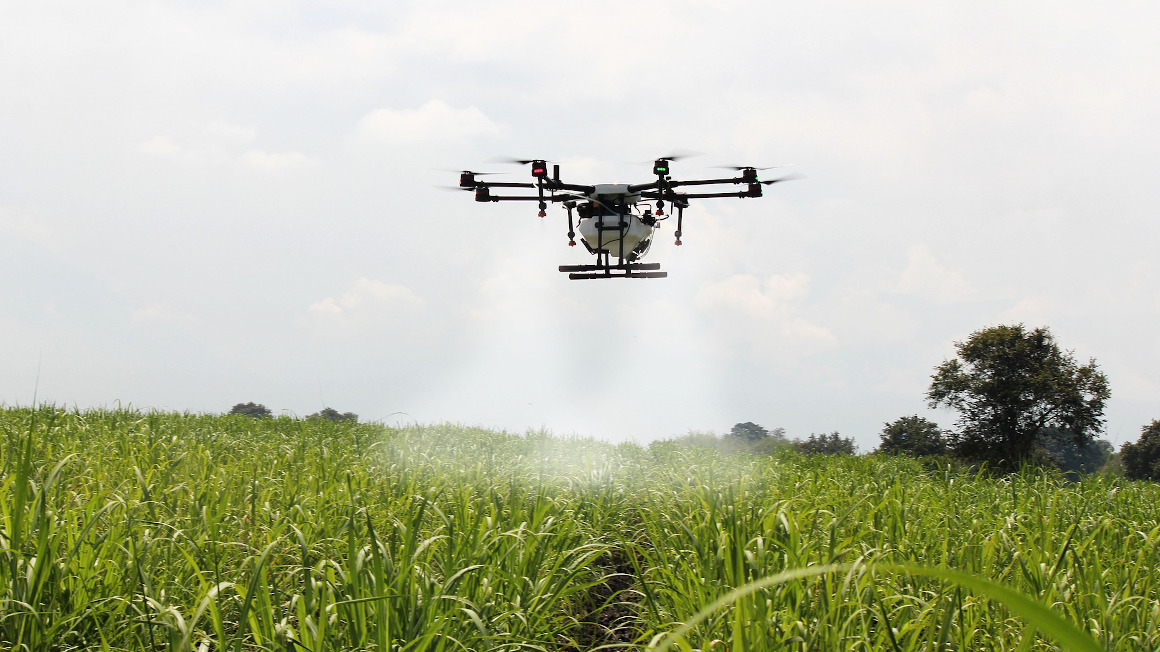Potentials of precise plant cultivation
In a mixed agricultural operation, a team led by ATB researchers from Potsdam wants to demonstrate the benefits of systematic use of precision crop management techniques.

Field robots that weed and determine the nutrient content in the soil, or drones that detect plant diseases: modern field technology with highly sensitive sensors and cameras have already made work in agriculture more efficient and sustainable. However, the technologies used in so-called precision crop farming usually operate in isolation. Due to such isolated solutions, data is lacking and the actual benefits are difficult to evaluate. The DigiMax-PA project aims to change this.
Precision mixed planting
A team led by Cornelia Weltzien from the Leibniz Institute of Agricultural Engineering and Bioeconomy (ATB) in Potsdam is working with partners to set up an end-to-end digital production chain in precision crop farming alongside existing animal husbandry on a mixed farm in Brandenburg. With this, they want to be able to prove the benefits of systematic use of precision crop production techniques and optimize processes accordingly. The aim is a comparative, economic and ecological evaluation of the precision techniques in the practical farm.
Leveraging unused potential
The researchers want to map the soil based on its properties and then divide it into small plots in order to fertilize them with both mineral and organic fertilizers as needed. They will then use a network of sensors they have developed to determine the impact of fertilization on soil fertility, plant growth and emissions. "The example of precise, coordinated organic and mineral fertilization will be used to raise the previously untapped potential for increasing environmental and climate efficiency in conventional agriculture," the researchers explain.
Increase competencies with training
To exploit the potential of the technologies in practice, the project team also wants to advise farmers. Analog and digital training methods will be developed to promote skills in practice.
The DigiMax-PA project started in December 2022 and is funded for three years by the Federal Ministry of Food and Agriculture with a total of 2.9 million euros. In addition to the ATB, the TU Berlin, the University of Potsdam and the Helmholtz Centre Potsdam - GFZ German Research Center for Geosciences are involved.
bb


